John Crumpton remembers the day Pearl Harbor was attacked.
“The whole world changed on that day,” he said.
He and his best friend were on a double date Dec. 7, 1941, with a pair of sisters. “I was with the younger of the two,” said 97-year-old Crumpton, who lives in Oxford.
The four of them were crammed onto the front bench seat of his friend’s Ford.
When Crumpton and Ray Bock dropped the sisters off at their home, “we were greeted with the news that Pearl Harbor had been attacked.”
“I wanted to enlist in the Navy immediately,” said Crumpton. “My dad said no.”
Crumpton was born and raised on a farm in Mississippi. He was a 17-year-old senior in high school when the Japanese attacked Pearl Harbor.
“My dad put his foot down and made me graduate first.”
Crumpton’s father was pushing for college rather than sending his son off to war and said he would not sign the enlistment papers.
“I said I would find someone on the street corner to sign instead. My father reluctantly signed the papers.”
Crumpton and Bock enlisted with the U.S. Navy on Saturday, June 19, 1942.
“If we signed on Saturday, we would be sent to San Diego. If we signed on Monday, we would have gone to Naval Station Great Lakes in Illinois,” said Crumpton.
“I had never been out of Mississippi. We wanted to go to California.”
Following boot camp, Crumpton found himself aboard the USS Memphis, patrolling the South Atlantic between North Africa and Brazil. For eight months, he helped make sure ships were not bringing supplies to Germany.
Crumpton recalls being anchored just inside the Gambia River in West Africa when it was announced a special guest would be visiting the scout cruiser that he was aboard.
“We spent three days cleaning the ship,” said Crumpton.
“We were not told who the guest that would be arriving was until he got there.”
The USS Memphis would serve as a rest stop for U.S. President Franklin Delano Roosevelt, who was in route to the Casablanca Conference in 1943 to plan war strategy with British Prime Minister Winston Churchill.
Crumpton said he was one of eight “side boys” who escorted Roosevelt when the president was lifted aboard the ship in his wheelchair. “I was close enough to touch him,” Crumpton said with a big smile.
Roosevelt opted to go fishing in the Gambia River during his stay. Crumpton was chosen to stand guard while the president fished alongside another sailor.
“I was handed a Thompson machine gun and told how to use it,” said Crumpton. “I had never used one before and have never used one since.”
Soon after Roosevelt’s visit, all sailors were called onto the ship’s deck. The captain wanted to know who was interested in going to the United States Naval Academy. “Five men stepped forward and I was not one of them,” said Crumpton.
“I did not want to go. I wanted to go home. I had five registered Jerseys to tend to.”
Crumpton’s father was a World War I veteran and an “avid Jersey cow man.”
The ship’s division officer was not interested in cows. He was interested in Crumpton.
The five men that stepped forward to attend the Naval Academy were rejected and the officer needed two more volunteers.
“You and you,” the officer said while pointing to Crumpton and one other sailor.
Crumpton took the academic exam needed to get into the academy. “One out of nine passed the test. I did not and was sent to the fleet laundry.”
Following a short stint washing ship’s linens in a massive laundry room in Norfolk, Virginia, Crumpton was given orders to attend prep school to “review everything that I learned in high school that might be important to the academy.”
Crumpton entered the U.S. Naval Academy in June 1944.
Crumpton went on to serve overseas during the Korean War and in Vietnam. He was a captain of a minesweeper during Korea and was deployed to Vietnam on a destroyer twice.
“The last day I wore a uniform was Dec. 31, 1974,” said Crumpton, who sailed on eight ships during the span of his military career.
“I would not trade it for anything,” he said about his time in the Navy. “I had a job that was too big for me everywhere I went,” he said. “I had to work hard to do it. I never had an easy job. Ever.”
Crumpton met his wife of 61 years while serving in the military. Eve Hamblen Moses was born in Gorham, Maine, and was a school teacher working with children of military personnel in Japan when she met Crumpton.
Following Crumpton’s 32 years in the Navy, eight ships, three wars and 20 addresses shared between the couple, Eve said to John, “I’m going home now. Are you coming with me?”
“The answer of course was ‘yes ma’am,'” said Crumpton.
Eighty years after the attack that inspired him to serve his country, Crumpton is able to draw parallels to modern events and how the country was able to unite in a time of crisis.
Crumpton said the entire country came together following Pearl Harbor. The mood was similar to how people felt after the attacks of Sept. 11, but even stronger, said Crumpton.
“Flags were flying everywhere.”
Send questions/comments to the editors.


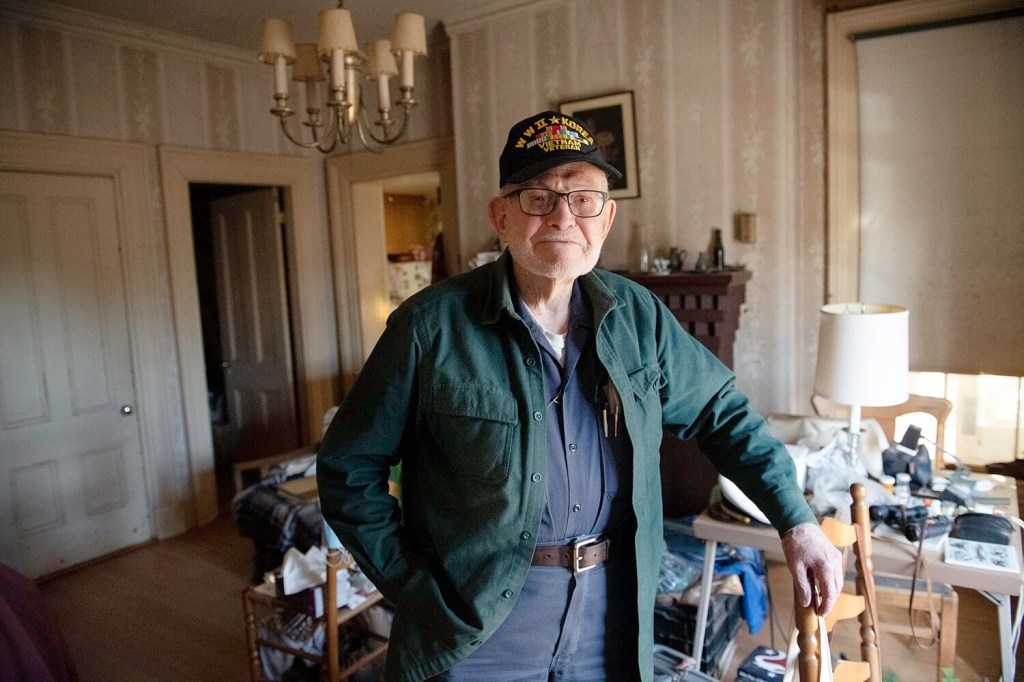
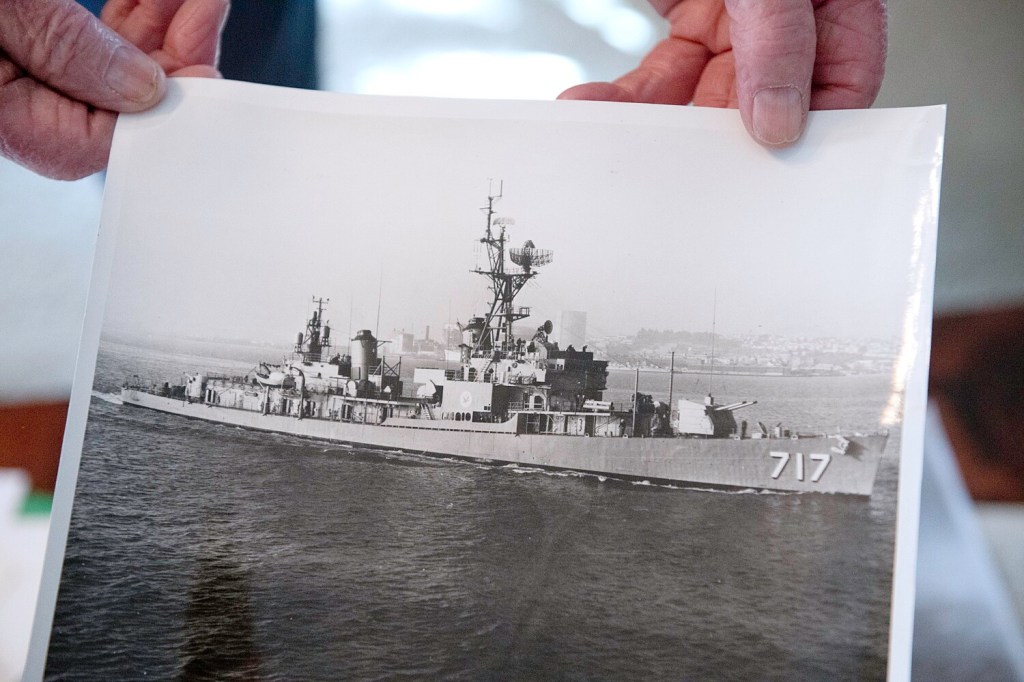
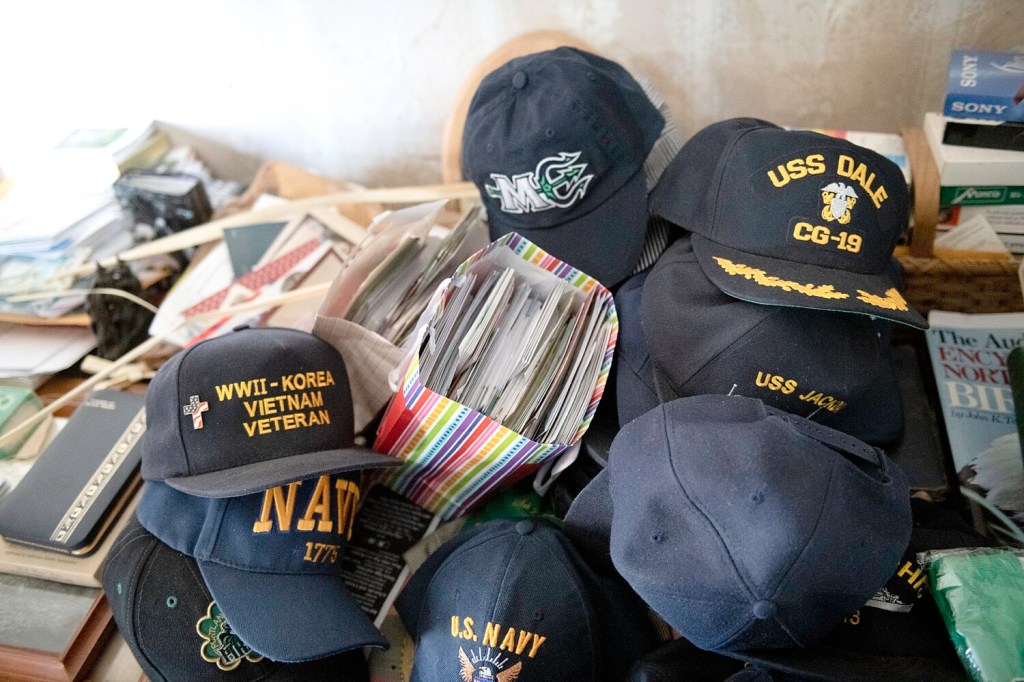
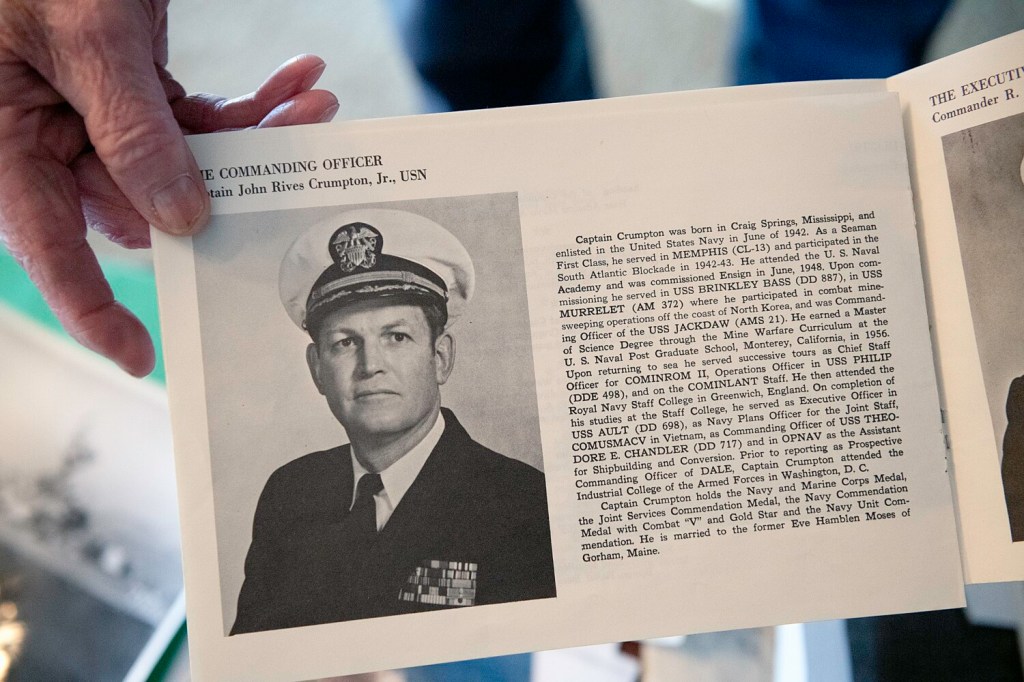
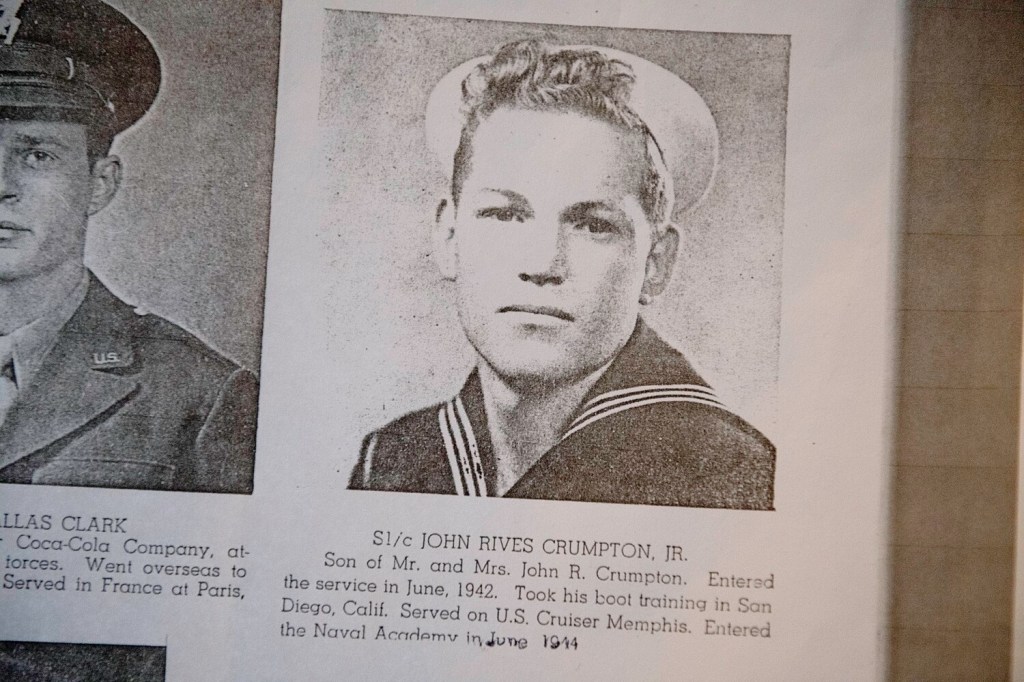
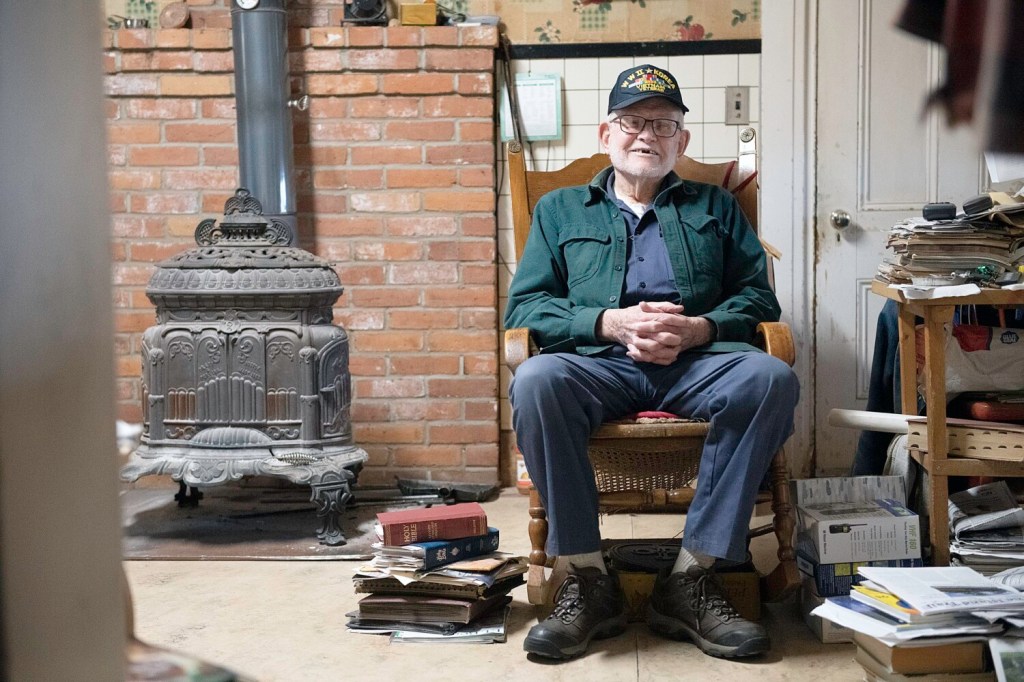
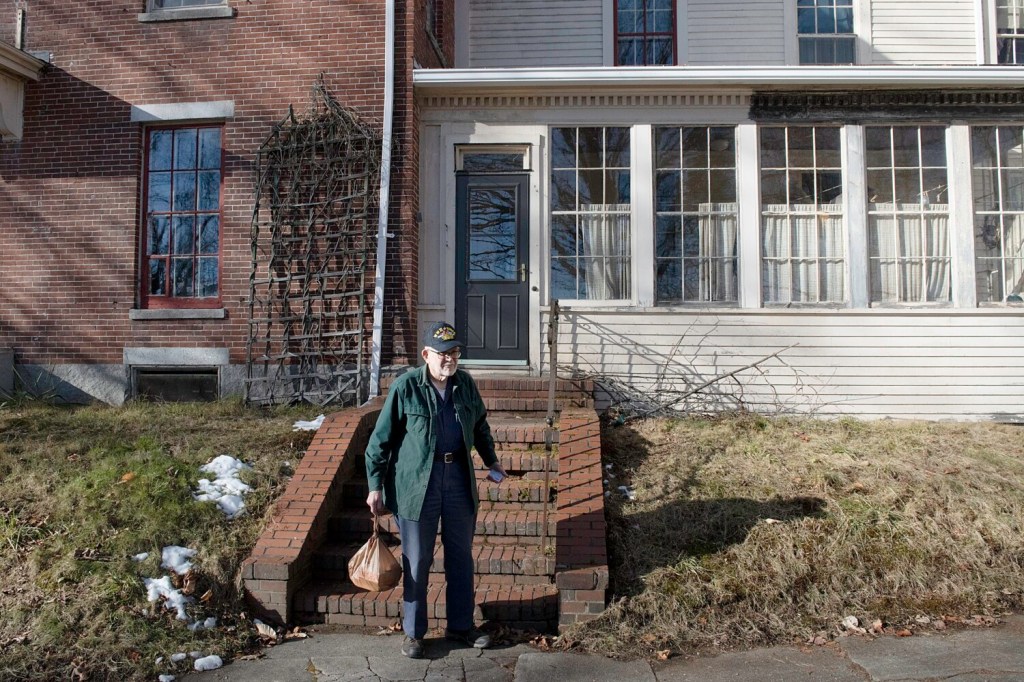

Success. Please wait for the page to reload. If the page does not reload within 5 seconds, please refresh the page.
Enter your email and password to access comments.
Hi, to comment on stories you must . This profile is in addition to your subscription and website login.
Already have a commenting profile? .
Invalid username/password.
Please check your email to confirm and complete your registration.
Only subscribers are eligible to post comments. Please subscribe or login first for digital access. Here’s why.
Use the form below to reset your password. When you've submitted your account email, we will send an email with a reset code.